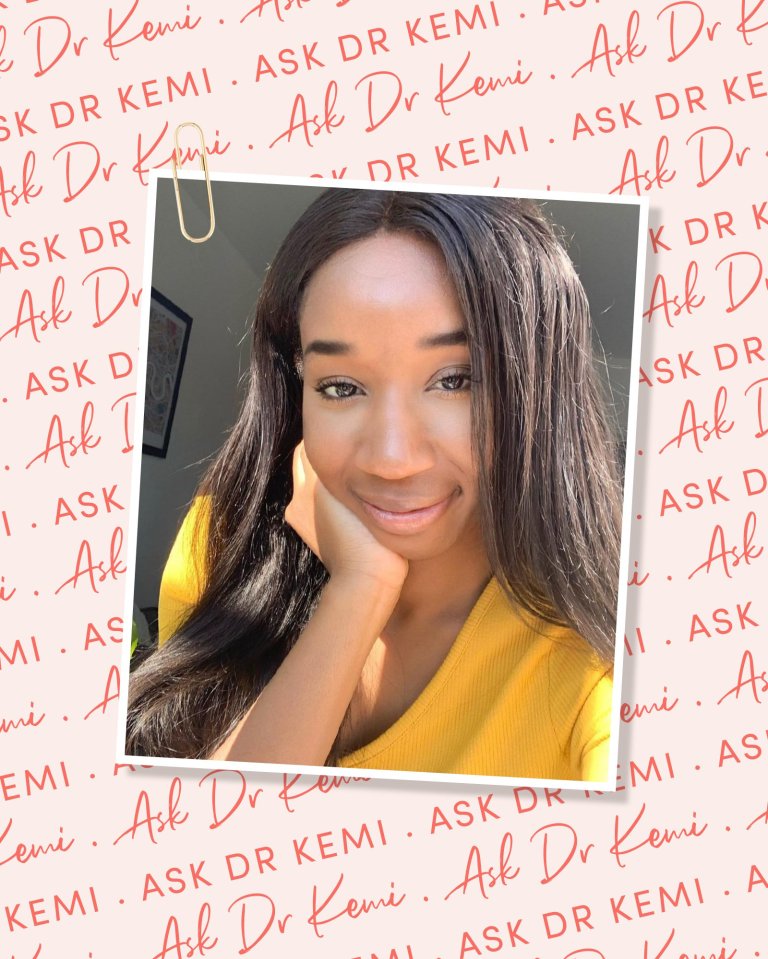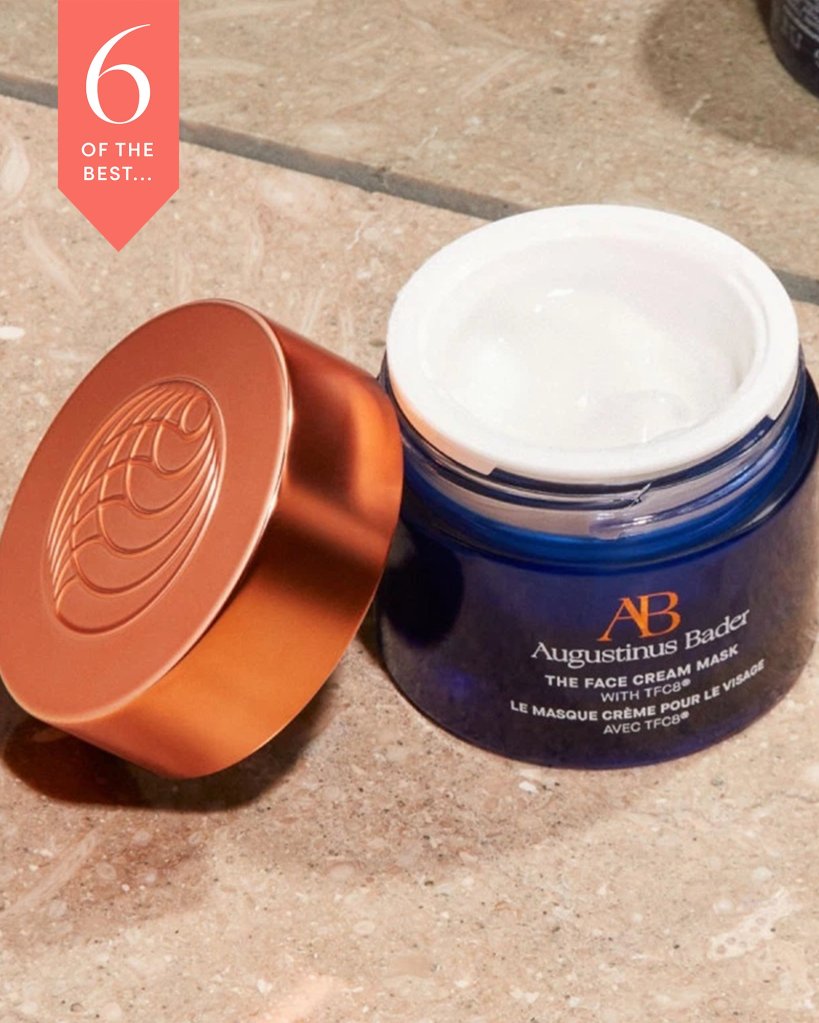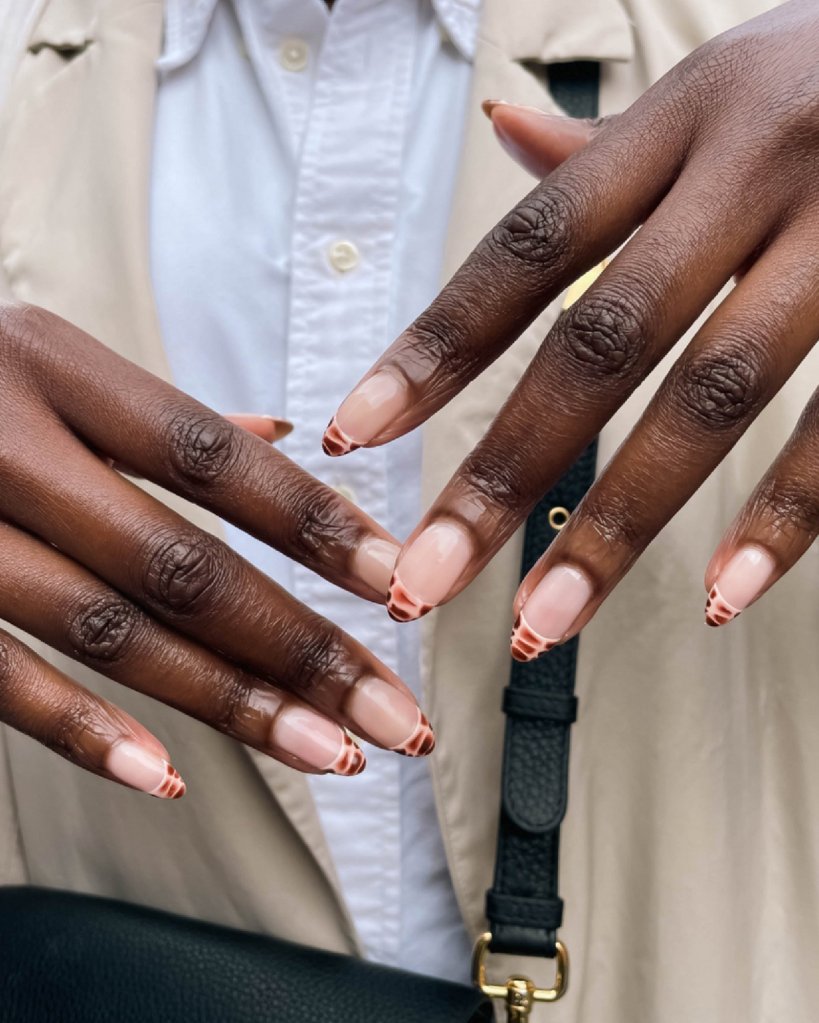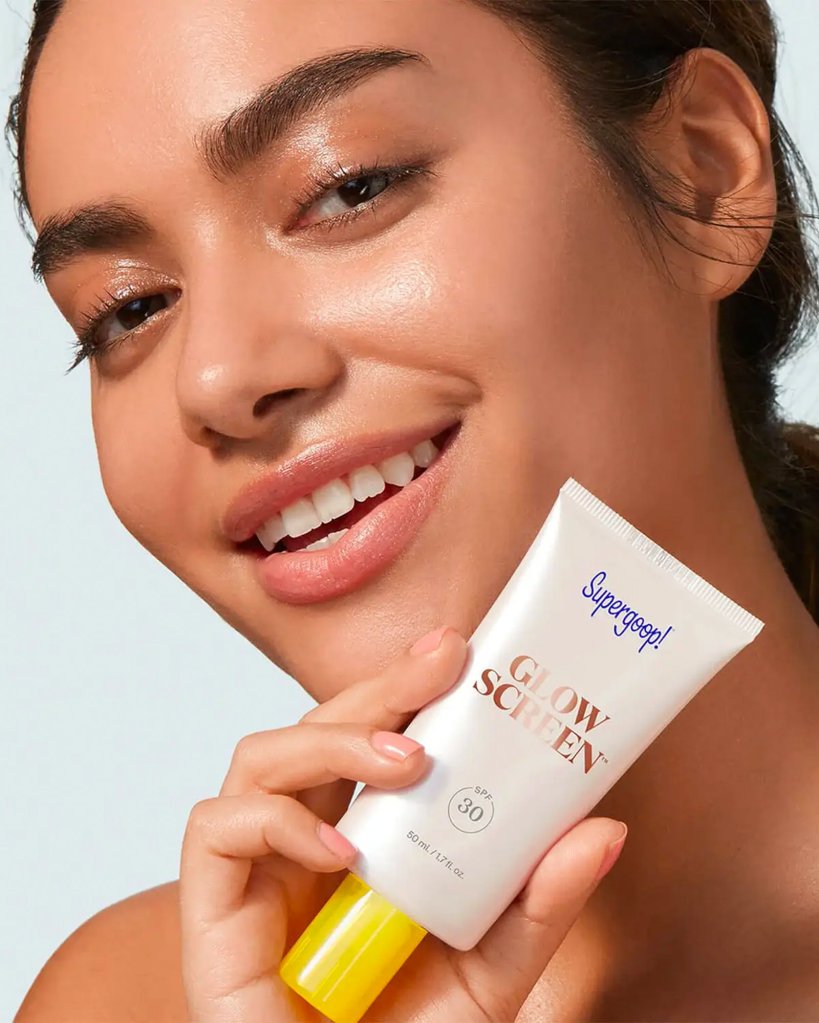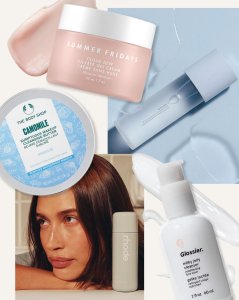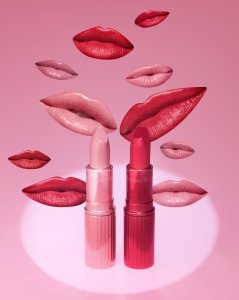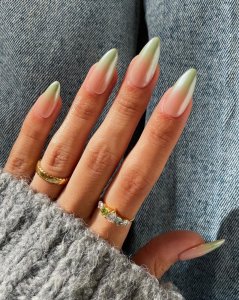Something happens the moment we hit 25: we start to lose a significant amount of collagen and elastin, and the fat and water content in the skin plummets. Basically, shit is about to go down.
But fear not; in this piece, I’ll go over some of the things that are making your skin age faster and what you can do about it.
What happens when your skin starts ageing?
Let’s start with the basics. We have three layers of the skin: the epidermal layer (which keeps hydration in and external aggressors out), the dermal layer (that contains collagen and elastin for structure and elasticity), and the subdermal layer, which is important for fat padding and heat insulation.
As mentioned, at around 25, the skin’s ageing process begins to kick in. Skin cell turnover slows down and the body’s natural production of sebum and hyaluronic acid decreases. The top layer of skin therefore becomes drier, more sensitive to ultraviolet radiation and less efficient at healing itself.
In the dermis, collagen and elastin production begins to decrease and blood vessels deliver less oxygen to the skin. And in the subdermal layer, there is a reduction in size of the cells that store fat, which leads to volume loss in the skin.
Lastly, as the ageing process continues, there is a reduction of hormones to the skin such as oestrogen, that contributes to plump, elastic skin.
All these structural and biochemical changes to the surface of the skin result in some of the first signs of ageing.
What are the first signs of ageing?
The very first signs include: dry skin, wrinkles, laughter lines, loss of volume in the lips, cheeks and neck, loss of elasticity and hyperpigmentation.
What causes skin ageing?
The most significant risk factor in the ageing process of course is TIME; which we can’t do anything about.
The second is your genetics. You may be naturally predisposed to having thinner skin or a faster breakdown of collagen and elastin. You could also have naturally fairer skin, which makes you more susceptible to UV-induced ageing.
Some of the other things that prematurely age the skin include ultraviolet radiation, stress, a poor diet, pollution and an inappropriate skincare routine. These speed up ageing by causing ‘oxidative stress,’ which is where free oxygen radicals damage structures in the skin, breaking down collagen and elastin, reducing blood flow and decreasing stores of hyaluronic acid.
High-intensity UV radiation from the sun is the most significant aggressor, however. It speeds up the skin’s ageing process by producing a load of free radicals, which damage cellular structures of the skin.
Pollution on the other hand comes from hydrocarbons in car exhaust or chemicals from passive cigarette smoke. Both contribute.
Whilst there isn’t much that we can do about time or genetics, there are many environmental factors that we can adapt to slow down unnecessary ageing.
What can you do to address skin ageing’s first signs?
UV radiation and pollution can be managed by wearing a high SPF daily, and using antioxidant ingredients such as vitamin C and E. These will help with all types of oxidative stress and can essentially mop up the damage left behind from pollutants in the air or from the sun.
Stress and an inappropriate skincare routine can further accelerate the ageing process. This happens by causing breaks in the skin’s barrier, which exacerbates water-loss and facilitates entry for external aggressors.
With this in mind, here is the best skincare routine to combat anti-ageing:
- Cleanse with either a hydrating or an exfoliating formula to help wash away the external aggressors that accumulate on your skin over the course of the day. Don’t use harsh scrubs or brushes – anything that damages your skin’s barrier leaves you less able to protect your skin.
- Hydrate your skin’s barrier straight after cleansing with a hyaluronic acid serum.
- Activate by using antioxidant ingredients like vitamin C during the day and retinol at night to speed up skin cell turnover.
- Moisturise with a thick barrier cream.
- Protect your skin from the sun by wearing and reapplying a high sun protection factor SPF.
Swipe and shop: Skincare routine for anti-ageing
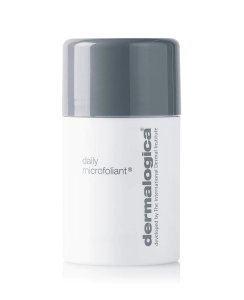
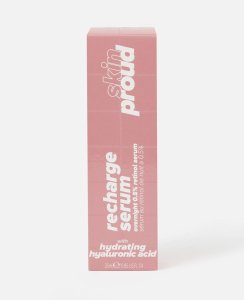
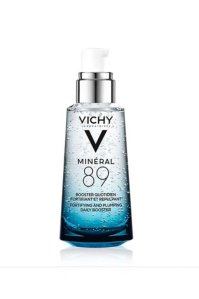
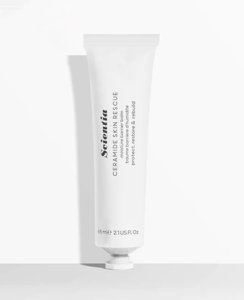
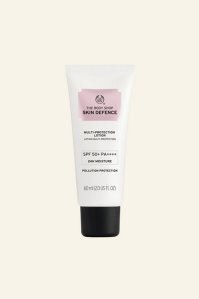
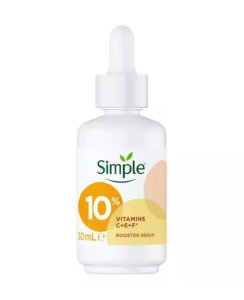
*Eliza may earn commission on sales from these product links
